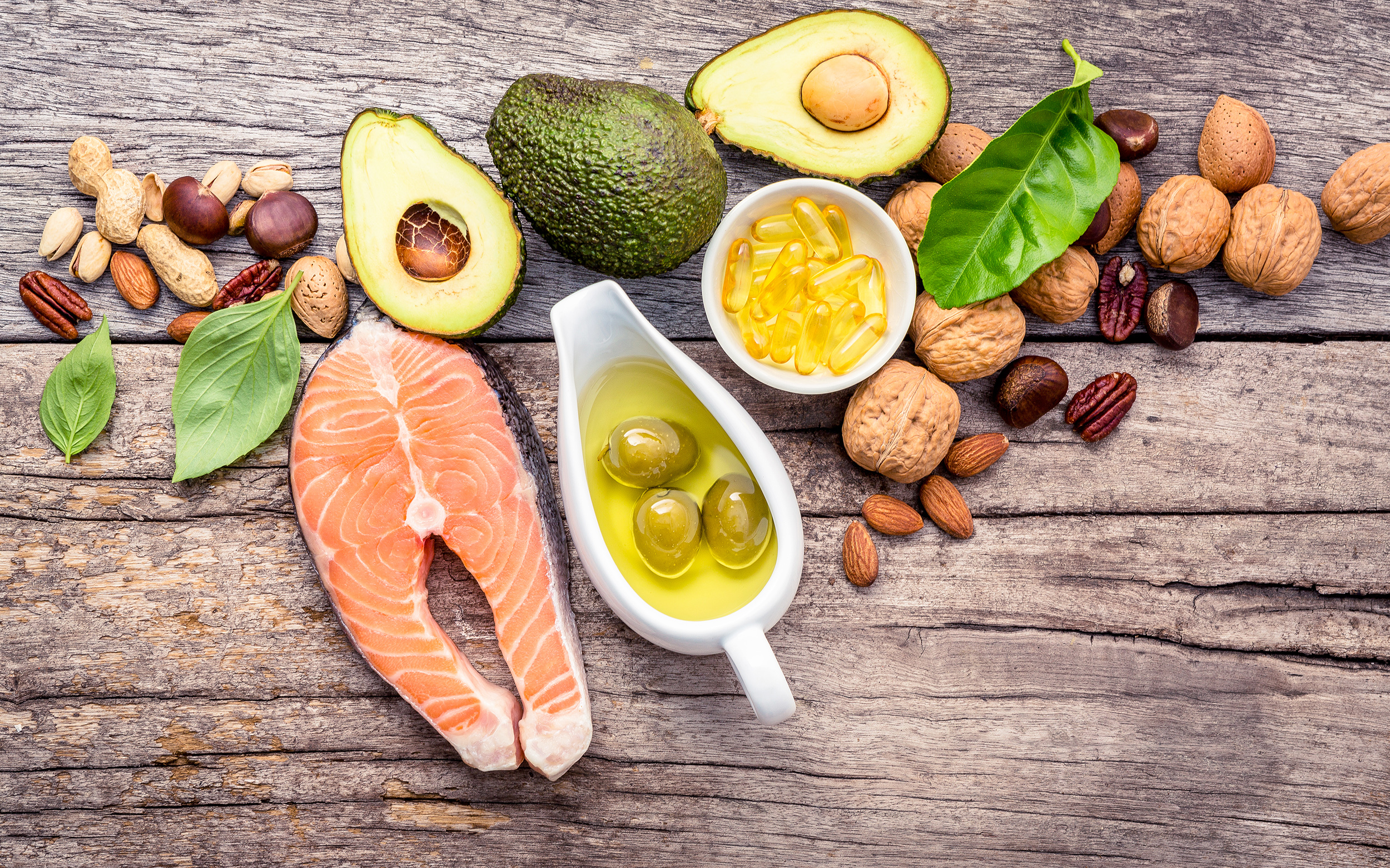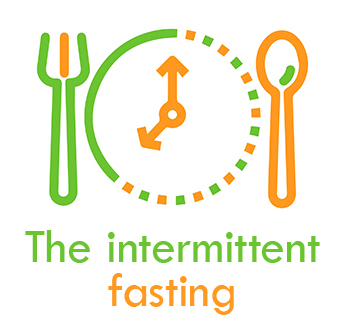WHAT IS INTERMITTENT FASTING
Fasting will always have a positive effect on the body. Of course, not to the point where you would starve yourself to the point of total exhaustion. In fact, the positive effects of fasting on the body have been observed from the eating behaviour of some mammals. Researchers have found the practice of fasting useful after having observed its effect on large or small animals. These experts attest that fasting helps the body to regenerate while being a source of longevity.
Therefore, practicing fasting is important, but the beneficial effects can only be achieved by doing it in a reasonable manner. So what types of fasting can we do? How should we fast and what are the expected results for body, soul and spirit? What is intermittent fasting and how to do it?
There are certainly different types of intermittent fasting, for example per day, per week and alternating day, the most common being to eat only for a given period each day. This period usually covers between four and seven hours during the day, but it can be reduced or extended depending on your dietary needs. Among its many benefits, intermittent fasting works on both sides of the calorie equation. 6 It increases the amount of calories you burn by boosting your metabolic rate, and reduces the amount of calories you eat by limiting what you are eating. Intermittent fasting can cause 3 to 8% weight loss for 3 to 24 weeks, according to a 2014 study.7 A study also found that intermittent fasting causes less muscle loss than continuous calorie restriction.


24 HOURS
24-hour fasting: you eat supper with your family and then eat nothing until the next supper. Coffee or tea with cream allowed, as well as homemade broth. Effective and easy if you eat few carbohydrates in normal times. You can do this fast one, two, three a week (for example Mondays, Wednesdays and Fridays), or as often as desired. It should not be cons that it become a daily habit. You would then fall into a low-calorie diet and risk slowing your metabolism. The more random your fasting periods, the better for your metabolism.
The 16/8 :
This is probably the most popular option when trying to adopt intermittent fasting and involves fasting for 16 hours and eating over 8 hours.
There are 2 options to follow this protocol. Either you skip dinner or you skip breakfast. Let’s take a concrete example to understand.
Skip breakfast:
If you decide to skip breakfast, the goal is to delay the time of your first meal as much as possible.
For example, if you take your first meal of the day at 12:30 p.m. you can eat until 8:30 p.m.

This respects the 16 hours of fasting (from 8:30 p.m. to 12:30 p.m.) and the window of the 8 hours of food (from 12:30 p.m. to 8:30 p.m.). You take your breakfast at 8 am and your last meal at 4 pm.
Here too, you respect the 16h fast (from 16h to 8h) and the 8h of feeding (from 8h to 16) if you want to take full advantage of the benefits of this practice (especially on the regulation of insulin).
The 20: 4
The 20-hour fasting program was popularized by the “Warrior Diet”, created by Ori Hofmekler. Inspired by the eating habits of the ancient Spartan and Roman warriors, this program requires that you eat all of your food within four hours, between 2 p.m. and 6 p.m. for example. The warrior’s diet encourages and promotes high intensity interval training, as does the consumption of unprocessed food.
You may feel bored with the time savings that can be gained from intermittent fasting, especially when the fasting period is long.
What activities to do while fasting:
In this case, you can take advantage of it to use this time saving to do relaxation activities such as:
- Meditation,
- Massages,
- Hot baths,
- Sunbathing,
- Reading,
- Positive affirmations,
- Visualization
- Walks,
Advance your personal projects,
Reference:
blog.metagenicscanada.com: Dr. Robert Silverman ’intermittent fasting in the keto diet ’
cliniquereversa.com: ’try intermittent fasting’
medium.com: ’a guide to intermittent fasting’
dev-perso.com: ‘intermittent why and how to do it’
santebienetreglobal.com/intemitenfasting : ‘health benefits and where to start’
1001jus.fr: Adrien Lamacchia ‘intermittent fasting 16:8’
